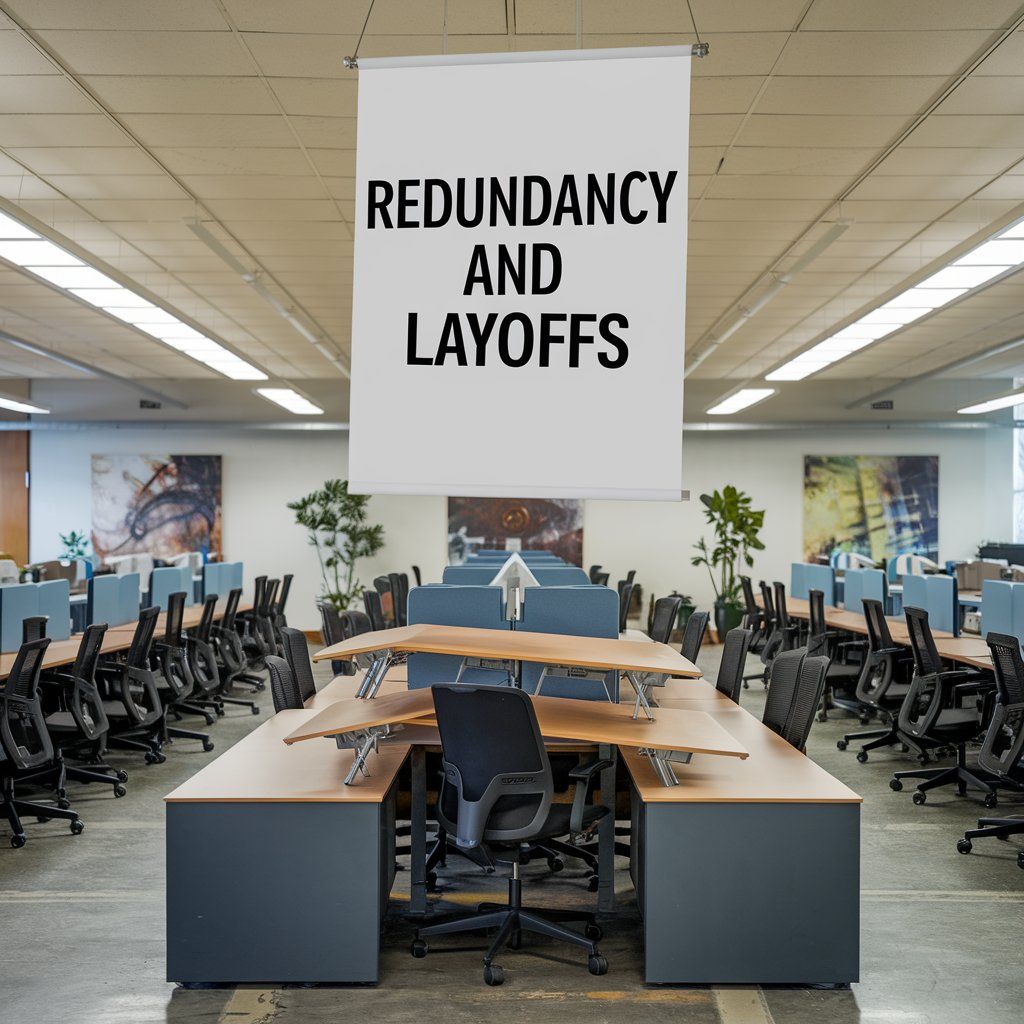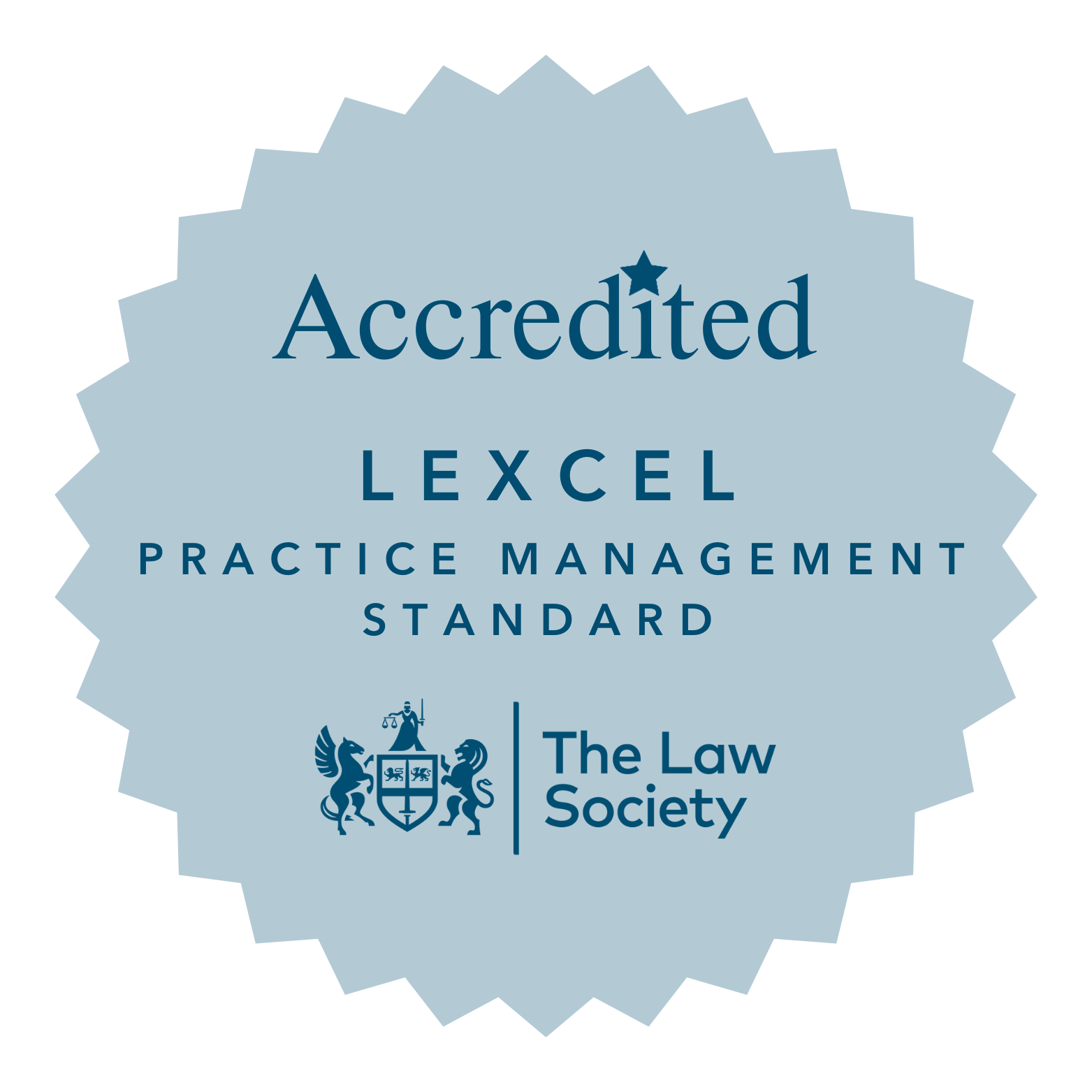Have you considered whether you require Planning Permission and/or Building Regulation Approval for works you are having carried out to your property?
It is a common issue, when selling properties, that sellers have undertook work to their property without obtaining the necessary Planning Permission and/or Building Regulation Approval.
This blog is a brief overview to provide guidance as to when Planning Permission and/or Building Regulation Approval should be sought for works you are intending to carry out to your property.
Planning Permission:
Briefly, you are most likely to require Planning Permission when:
* You want to make a major change to your property such as an extension.
* You want to change the use of your property.
Some building projects will not require Planning Permission; this is know as permitted development rights. If, however, your property is situated in a Conservation Area or is perhaps a Listed Building etc. then your property/land may be subject to an Article 4 Direction, registered as a Local Land Charge. An Article 4 Direction, in brief, restricts the scope of permitted development rights meaning works which would not usually require Planning Permission, will be required in this instance. If you are unsure whether you require Planning Permission, you should contact your Local Planning Authority who will be able to confirm this.
If Pinkney Grunwells Lawyers LLP are acting on your behalf in a purchase of a property, we will be able to advise you accordingly if you may require Planning Permission for any works you wish to undertake following completion on your purchase.
It is important to always have a Local Search undertaken, when purchasing a property, as this will reveal matters such as whether the property is situated in a Conservation Area, whether it is subject to an Article 4 Direction etc.
If the works require Planning Permission, again, you will need to apply through your Local Planning Authority. You must not start the works until you have received full Planning Permission from your Local Planning Authority. If your application for Planning Permission is refused, you can, firstly, attempt to come to an agreement with the Local Authority by adjusting your plans. If no agreement can be met, you can appeal the decision, albeit this can take several months to be decided.
If you happen to carry out works which require Planning Permission, without obtaining the same, you may be subject to enforcement action from the Local Planning Authority.
Building Regulation Approval:
Building Regulation Approval is completely separate to Planning Permission (discussed above); you may, however, require both (dependent on the extent of works you are undertaking).
The Building Regulations 2010 covers the construction and extension of buildings. Part 2, Regulation 3 of the 2010 Act defines “building work” as follows:
(a) the erection or extension of a building;
(b) the provision or extension of a controlled service or fitting in or in connection with a building;
(c)the material alteration of a building, or a controlled service or fitting, as mentioned previously;
(d) work required by regulation 6 (requirements relating to material change of use);
(e) the insertion of insulating material into the cavity wall of a building;
(f) work involving the underpinning of a building;
(g) work required by regulation 22 (requirements relating to a change of energy status);
(h) work required by regulation 23 (requirements relating to thermal elements);
(i) work required by regulation 28 (consequential improvements to energy performance).
Building Regulation Approval applies to numerous alteration projects such as:
* The replacement of fuse boxes and connected electrics;
* The installation of a bathroom that will involve plumbing;
* The changing of electrics near a bath or shower;
* The installation of a fixed air-conditioning system;
* The replacement of windows and doors;
* The replacement of roof coverings on pitched and flat roofs;
* The installation or replacement of a heating system; and
* The addition of extra radiators to a heating system.
- Please note, the above list is not exhaustive, and you should always check with the appropriate Building Control Body who will be able to advise you accordingly as to whether your intended works will require Building Regulation Approval.
If Building Regulations are not complied with:
* The person doing the work could face prosecution.
* Your Local Authority could make you pay for any faulty work to be fixed.
* You will not be provided with a Building Regulation Compliance Certificate, which will cause issues for you when you come to sell your property.
If the work is not covered by Building Regulations, or the person carrying out the work is registered by the Competent Persons Scheme, then you do not need to apply for Approval. Again, if you are unsure, it is always best to double check with your Local Authority.
If you wish to apply for Building Regulation Approval, you will need to contact a Building Control Body. There are two types of Building Control Body’s:
1. Local Authority Building Control Body i.e. your local Council.
2. Private Building Control Body.
You can apply through private approved inspector who will inform your Local Authority about the work (this is called giving ‘Initial Notice’). It is therefore important to ensure that you obtain the relevant Planning Permission and/or Building Regulation Approval for works you intend to carry out to your home.
As discussed, if you are unsure, it is always best to check with your Local Authority who will be able to provide you with clarification in this regard. This will of course prevent issues from arising in the future if and when you come to sell your property, for example, and will of course prevent enforcement action been taken.
Written by Melissa Scott (FCILEx, BA (Hons)) ~ Chartered Legal Executive





